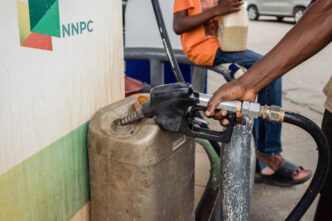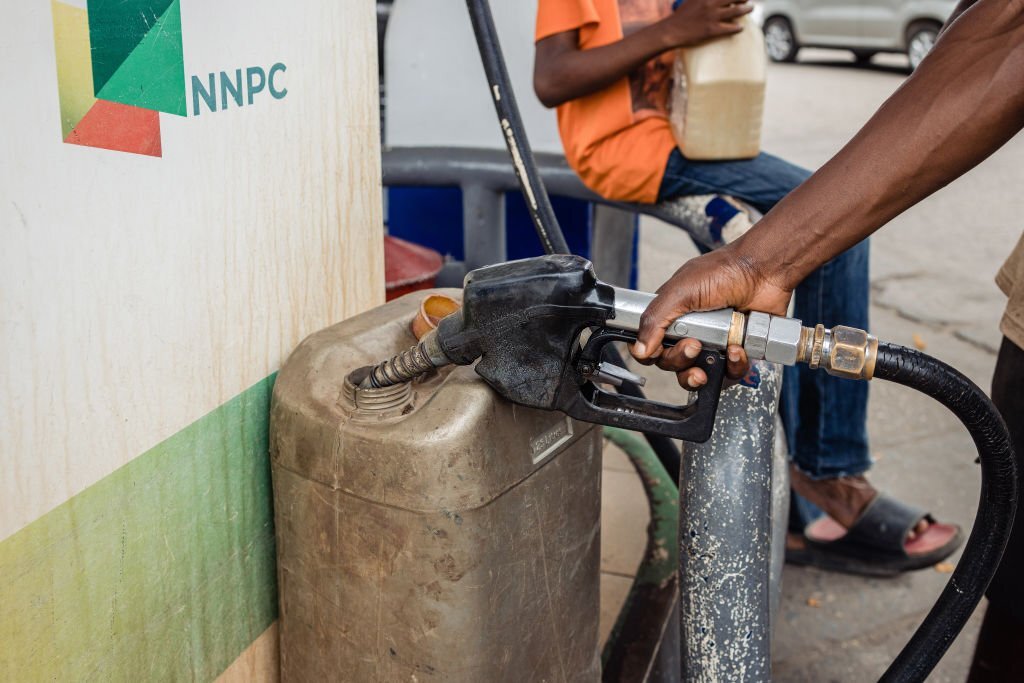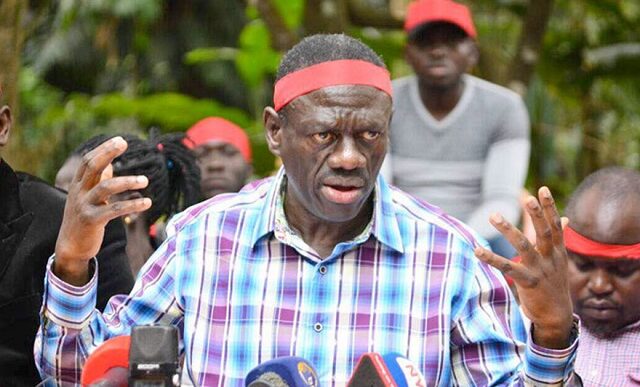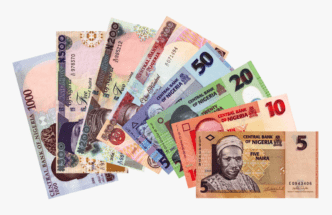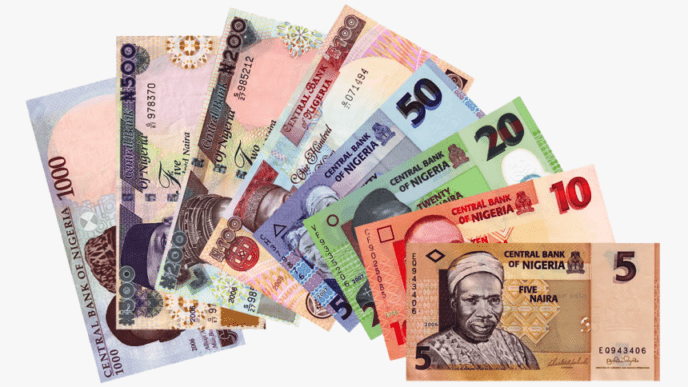Fuel prices in Nigeria are set to decrease as the landing cost of petrol and other petroleum products continues to decline, driven by exchange rate stability. According to the Major Energy Marketers Association of Nigeria (MEMAN), petrol landing costs have dropped to ₦935.94 per litre, down from ₦977, paving the way for lower pump prices nationwide.
Falling Landing Costs Spark Price Adjustments
Data from MEMAN, released on November 19, 2024, revealed that diesel landing costs also declined to ₦1,071.8 per litre, while aviation fuel dropped to ₦1,117.48 per litre. These reductions result from stable exchange rates, calculated at ₦1,659.37 per dollar.
The report highlights that landing costs are determined by factors such as:
- Finance charges (32% annual rate over 30 days)
- Freight costs (10 days of shipping)
- Nigerian Ports Authority (NPA) fees, including mooring and towage
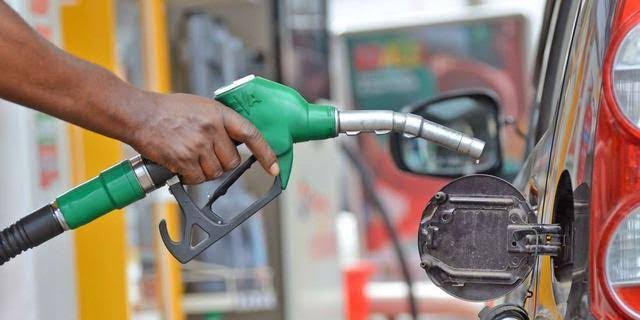
Ex-Depot Prices Across Nigeria
The MEMAN data also provided insights into current ex-depot prices across Lagos and other states:
- Petrol: ₦1,029 per litre
- Diesel: ₦1,120 per litre
- Aviation fuel: ₦1,040 per litre
- LPG: ₦1,125 per litre
- Compressed Natural Gas (CNG): ₦230–₦450 per scm
This decline follows a significant drop in fuel landing costs earlier in November, which stood at about ₦1,975 per litre.
Market Competition Drives Further Reductions
Nigeria’s fuel market is experiencing heightened competition between the Dangote Refinery and oil marketers, contributing to falling prices. Petrol costs have reduced from ₦1,200 to about ₦1,080 per litre at many filling stations within a few weeks.
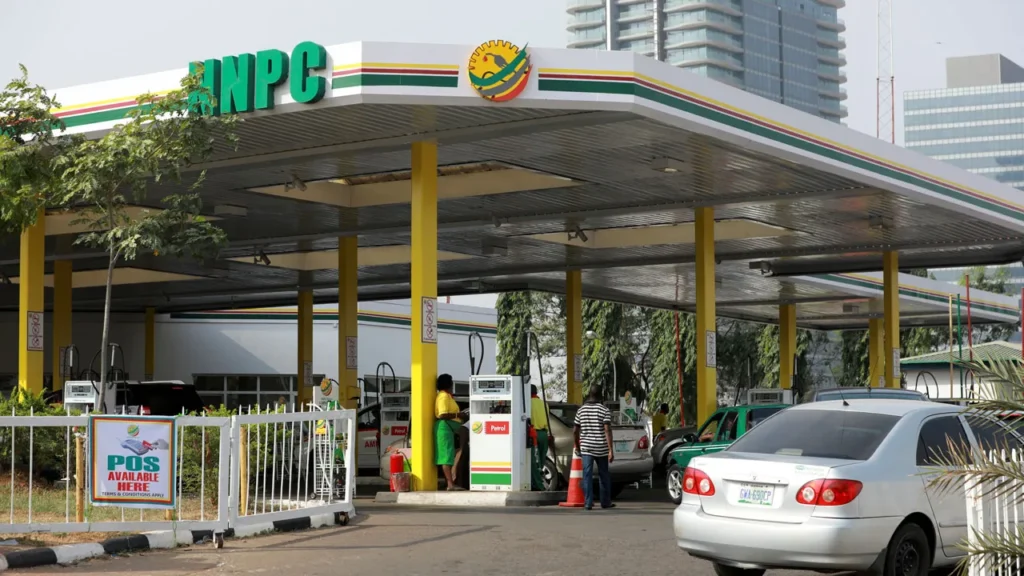
MEMAN’s report spotlights the impact of the Dangote Refinery’s direct supply agreements, such as its recent deal with the Independent Petroleum Marketers Association of Nigeria (IPMAN). This agreement ensures a supply of 60 million litres weekly, boosting distribution efficiency and reducing intermediary costs.
What This Means for Consumers
With pump prices expected to align with declining landing costs, Nigerians may soon see a further reduction in fuel prices.
Read More:
